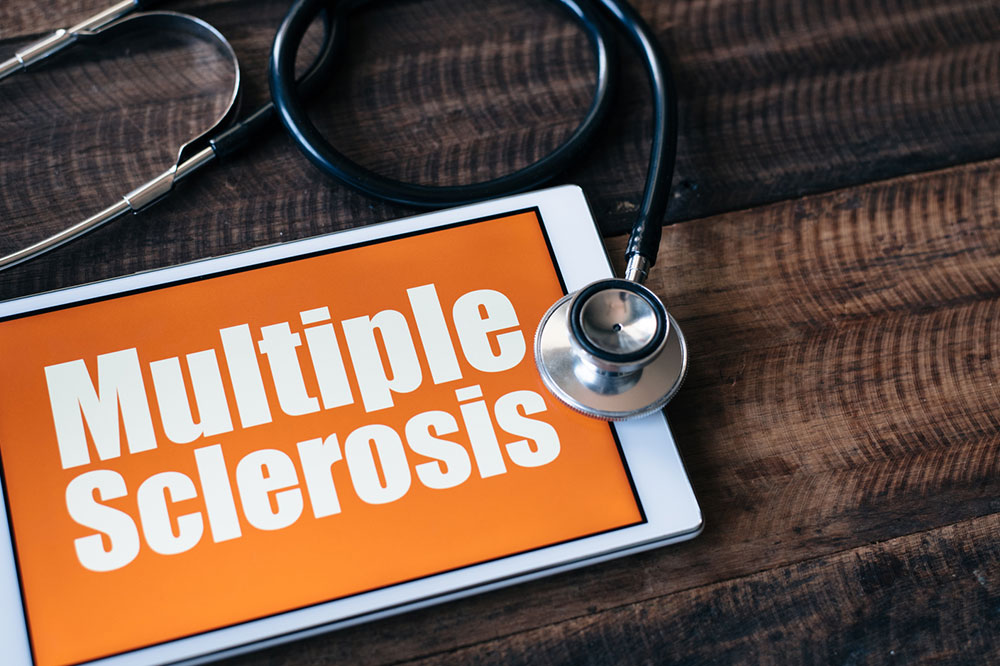Here’s what you need to know to understand multiple sclerosis

Multiple sclerosis is an autoimmune and potentially disabling disease. The signs and symptoms of the disease are severe in some cases. Most people experience a much milder form of MS with long periods of remission. MS also has no cure, hence it is important to stay informed. Read on to find out more about MS- it’s symptoms, types and treatment methods.
What is multiple sclerosis?
Multiple sclerosis is a disease that affects the central nervous system that is made up of the brain and the spinal cord. In this condition, the body’s immune system affects the protective covering (myelin) of the nerve fibers, causing problems between the brain and the rest of the body. As the disease progresses, it can lead to complete debilitation and disability.
Considering that MS is actually an autoimmune disease, the cause of the disease is still a mystery. But, scientists believe that multiple sclerosis can be triggered by a bunch of different environmental and genetic factors.
Types of multiple sclerosis
There are two types of MS:
- Relapsing-remitting MS
Relapsing-remitting MS is a condition wherein the person will experience episodes of worsening symptoms. These episodes are followed by a period of remission which can last for years at a time. Statistics show that more than 8 out of 10 people have relapsing-remitting MS. Most of the people who are diagnosed with this type of MS eventually develop secondary progressive MS.
- Primary progressive MS
Primary progressive MS is when the person experiences symptoms without periods of remission and relapses. Once MS is triggered, the symptoms only worsen over time without any relief.
Symptoms of multiple sclerosis
Signs and symptoms of MS vary from one person to another. Despite this, there are a few common symptoms that affect movement.
- Tremors and lack of coordination
- Sensations of shock in the neck that occur due to certain neck movements
- Numbing of the limbs or one side of the body
Other symptoms that are synonymous with multiple sclerosis are fatigue, dizziness, slurring while speaking, blurry vision, possible loss of vision, double vision, and even problems related to bowel and bladder function. Experiencing a tingling sensation on some parts of the body and problems with sexual function are also commonly observed in people who have MS.
Treatments for multiple sclerosis
MS has no cure, but the symptoms can be managed with the help of medication. Different modes of treatment are used to tackle specific symptoms in an individual. There are also disease-modifying therapies that can be used to reduce or manage the number of relapses in people who are diagnosed with relapsing-remitting MS.
Unfortunately, there is no treatment to slow down the disease when it comes to primary progressive MS.
Living with multiple sclerosis
As of 2019, a study conducted by the National MS Society showed that nearly 1 million people living in the country have been diagnosed with MS. This number is almost twice as high compared to the survey conducted in 1975. This means, finding a cure or having better treatment options is almost twice as necessary now. Meanwhile, we need to ensure that people who are diagnosed with this condition know how to handle it.

